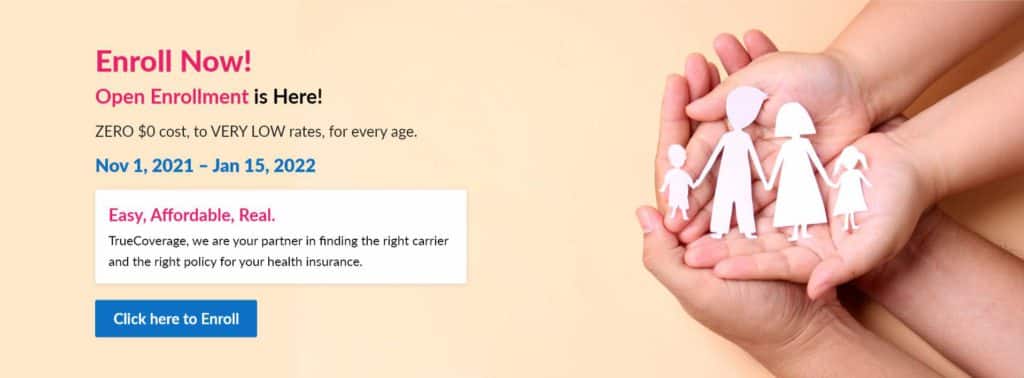Did you know that suicide is the tenth leading cause of death in the U.S. States? According to the Centers for Disease Control and Prevention (CDC), it absolutely is, totaling almost 50,000 deaths in 2019. Suicide and mental health issues are on the rise during the pandemic, mainly due to critical factors such as job/economic loss, barriers to accessing healthcare, substance abuse, and other trauma or abuse. We wanted to take a moment to address this serious issue before Suicide Prevention Month of September is over.
Additional signs and symptoms include talk of wanting to die, feelings of guilt, shame, or being a burden on others, avoiding friends, taking risks, extreme mood swings, and eating or sleeping too much or too little.

Additional factors include being young, a part of the LGBT community, or male. While more women attempt suicide, 78 percent of those who die by it are male. Suicide is the second leading cause of death for those aged 10 to 34 years old in the United States. Nearly half of all lesbian, gay, or bisexual students experience suicidal thoughts, making them four times more likely to attempt suicide than heterosexual youth. Meanwhile, transgender adults are almost 12 times as likely to attempt suicide. Suicide also is the leading cause of death in America’s local jails. Firearms are the most common method used, taking up about half of all suicides.
According to the CDC, suicide rates have continued to rise across the U.S. over the past decade by approximately 33 percent. But there are prevention tactics out there that can help support those with ideations, such as identifying and supporting the at-risk, promoting connectedness in communities, as well as teaching problem-solving and coping methods.
Show your support for those affected by suicidal thoughts by utilizing the hashtag #BeThe1To, meaning you will be the one to ask others about thoughts of suicide when you see symptoms, as it is proven to provide relief.
Do you need help? Do you know someone who does?
If you or someone you know is in an emergency, always call 911 immediately.
If you or someone you know is facing a crisis, call 1-800-273-TALK (8255) or use the National Suicide Prevention Lifeline’s online Lifeline Crisis Chat. Or, simply send a text message of “HOME” to 741741. All lines to the National Suicide Prevention Lifeline are free, confidential and will connect you with a skilled, trained counselor in your local area, 24 hours a day.
Image by Kleiton Santos from Pixabay

